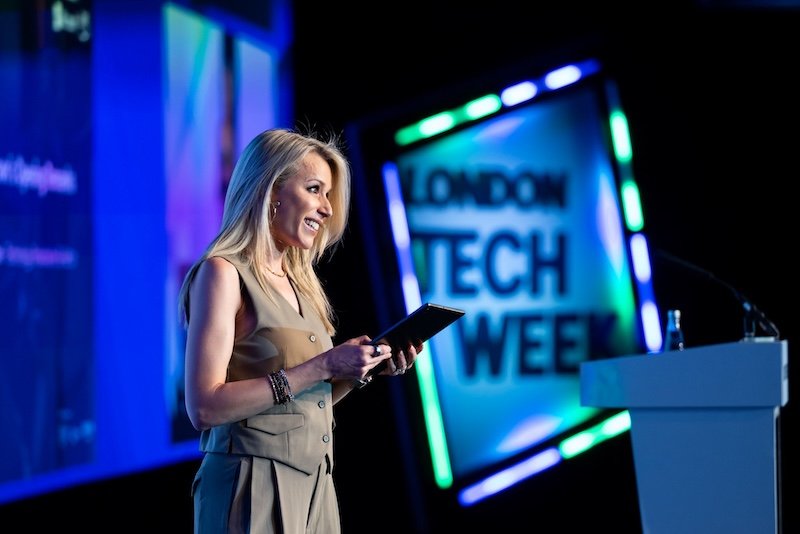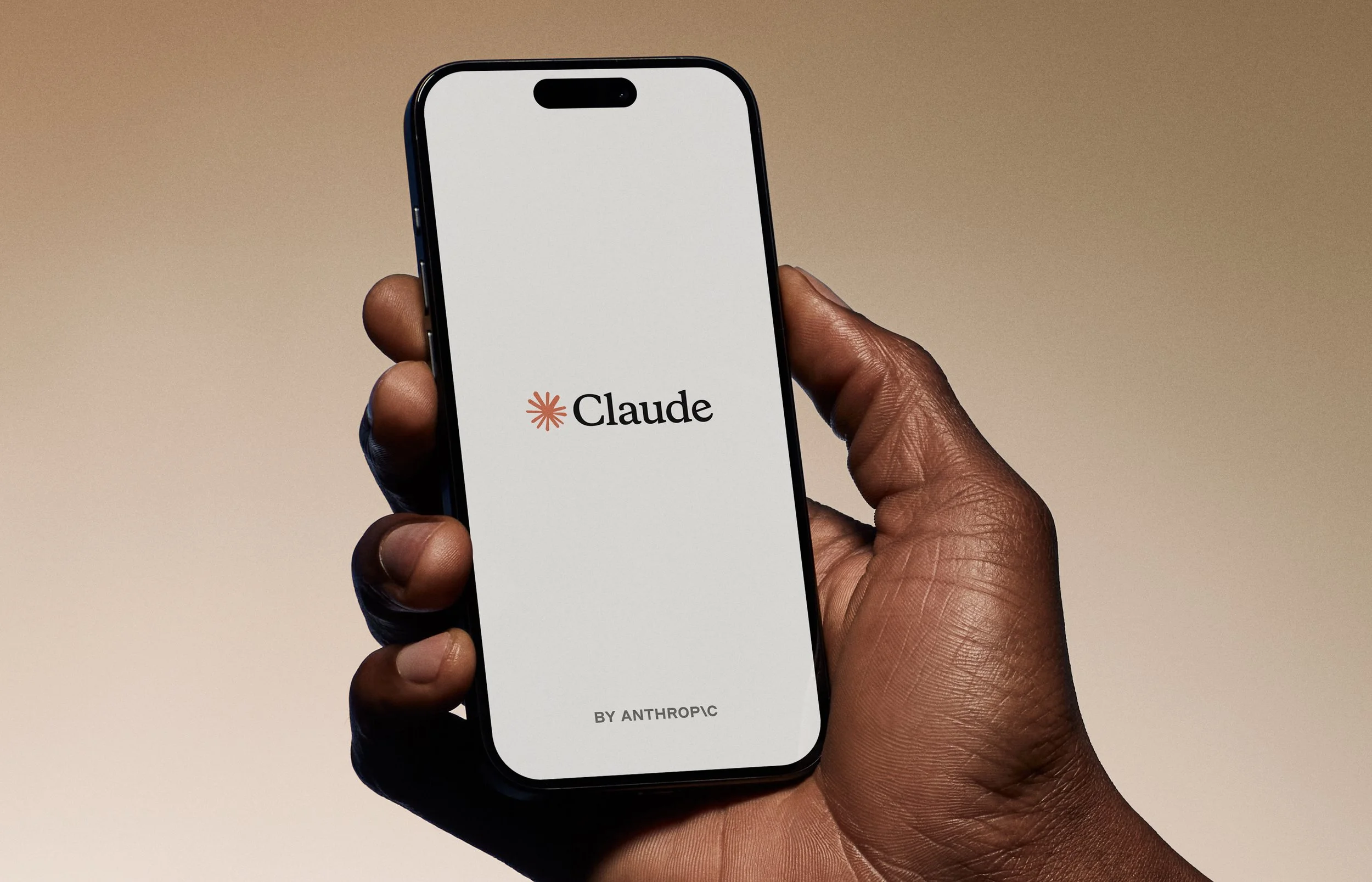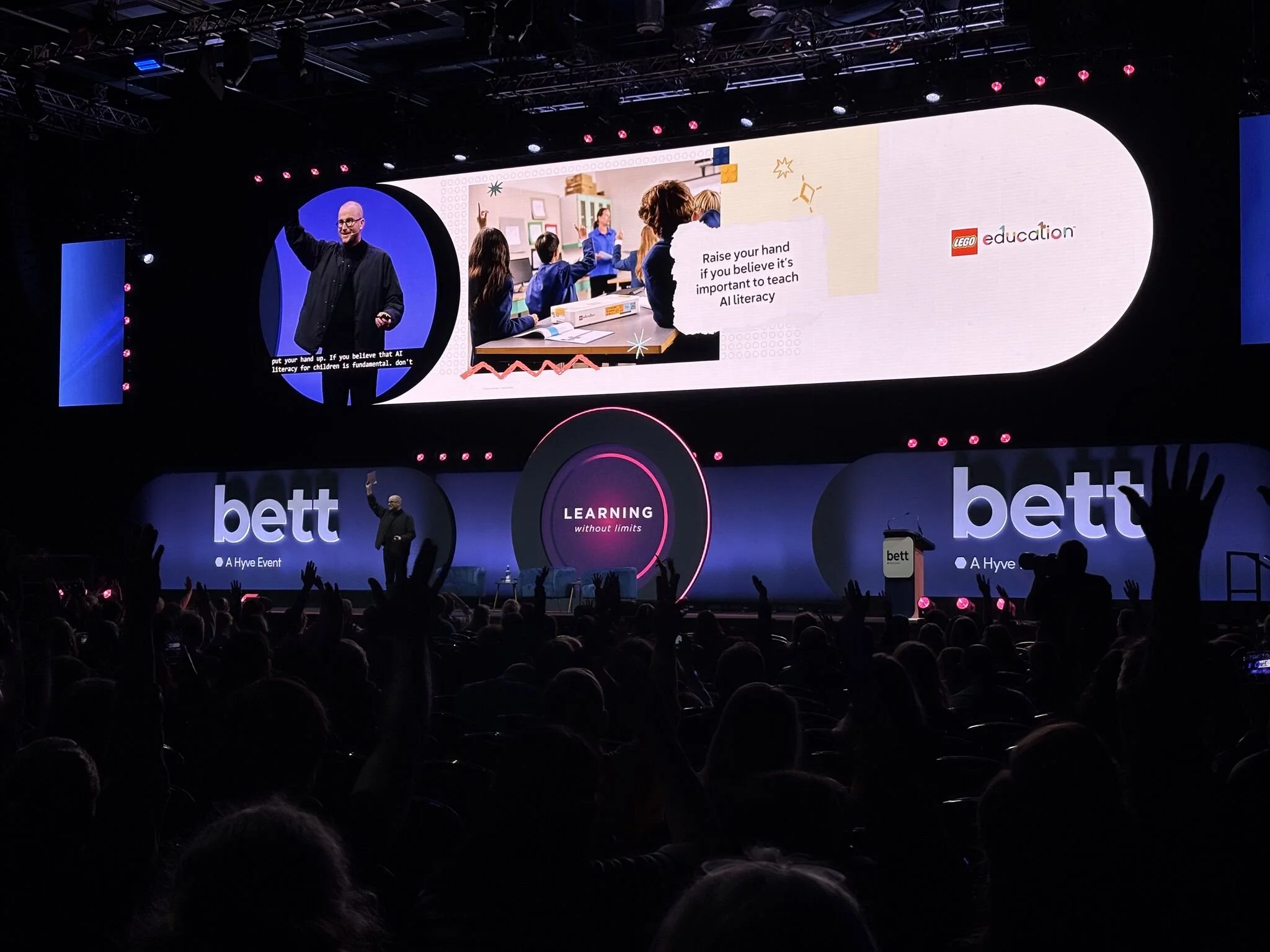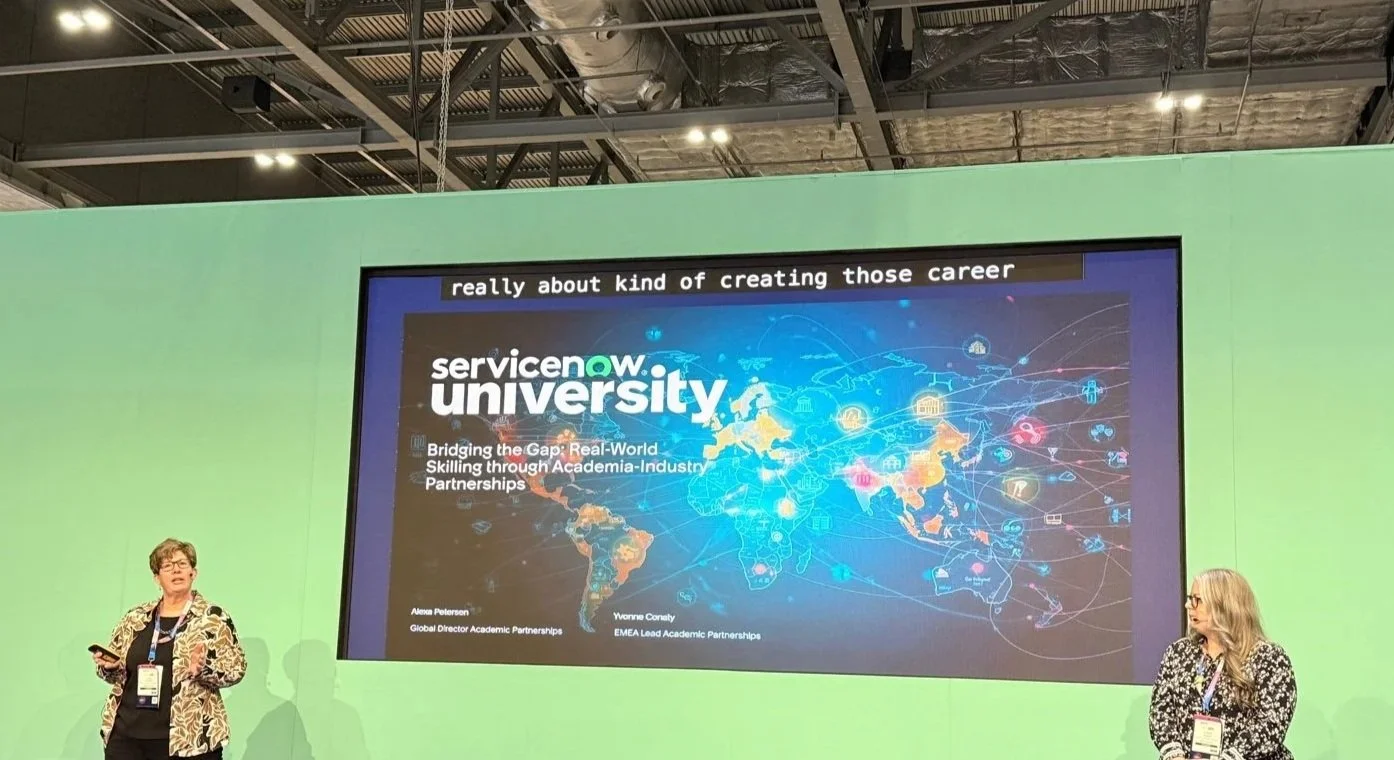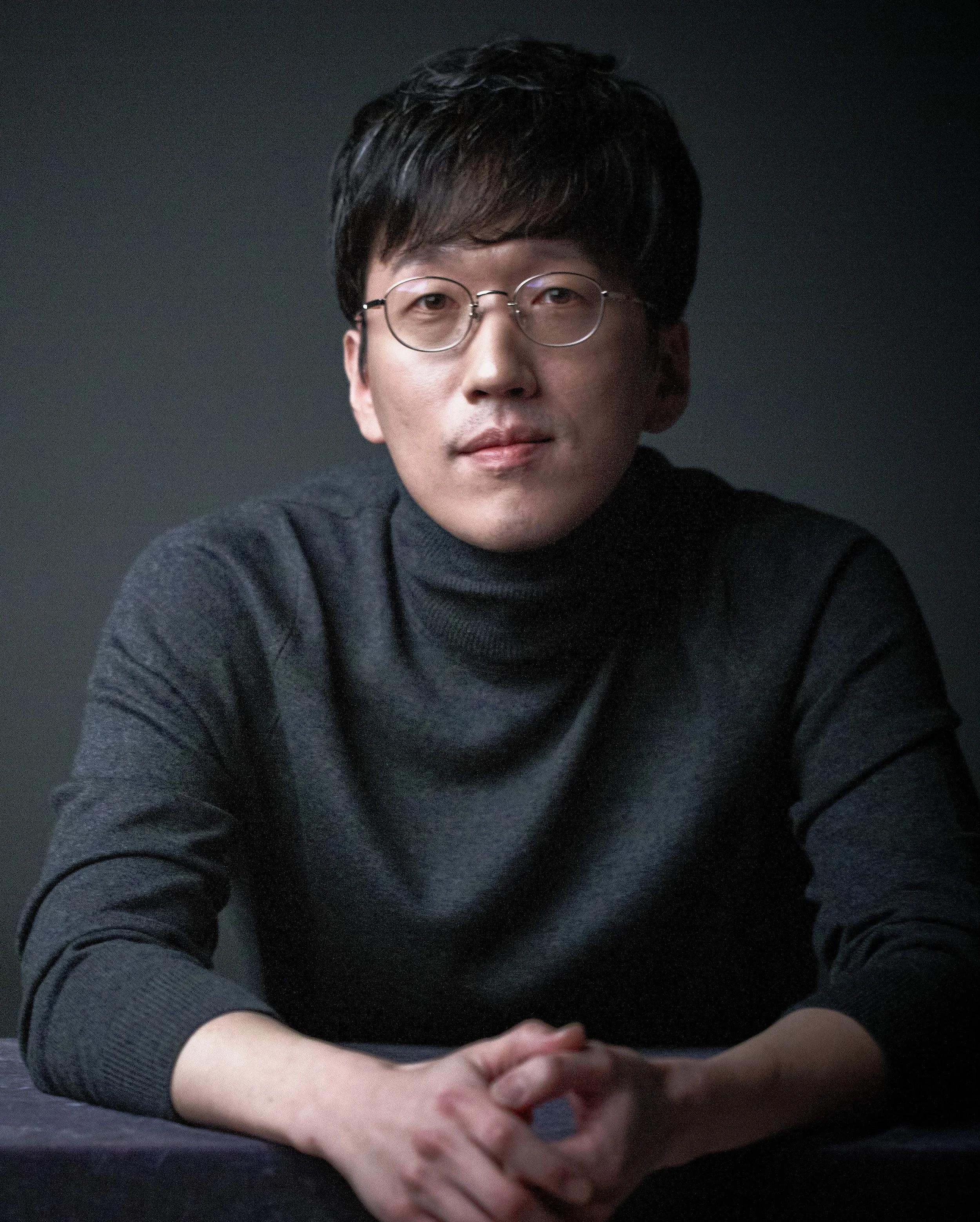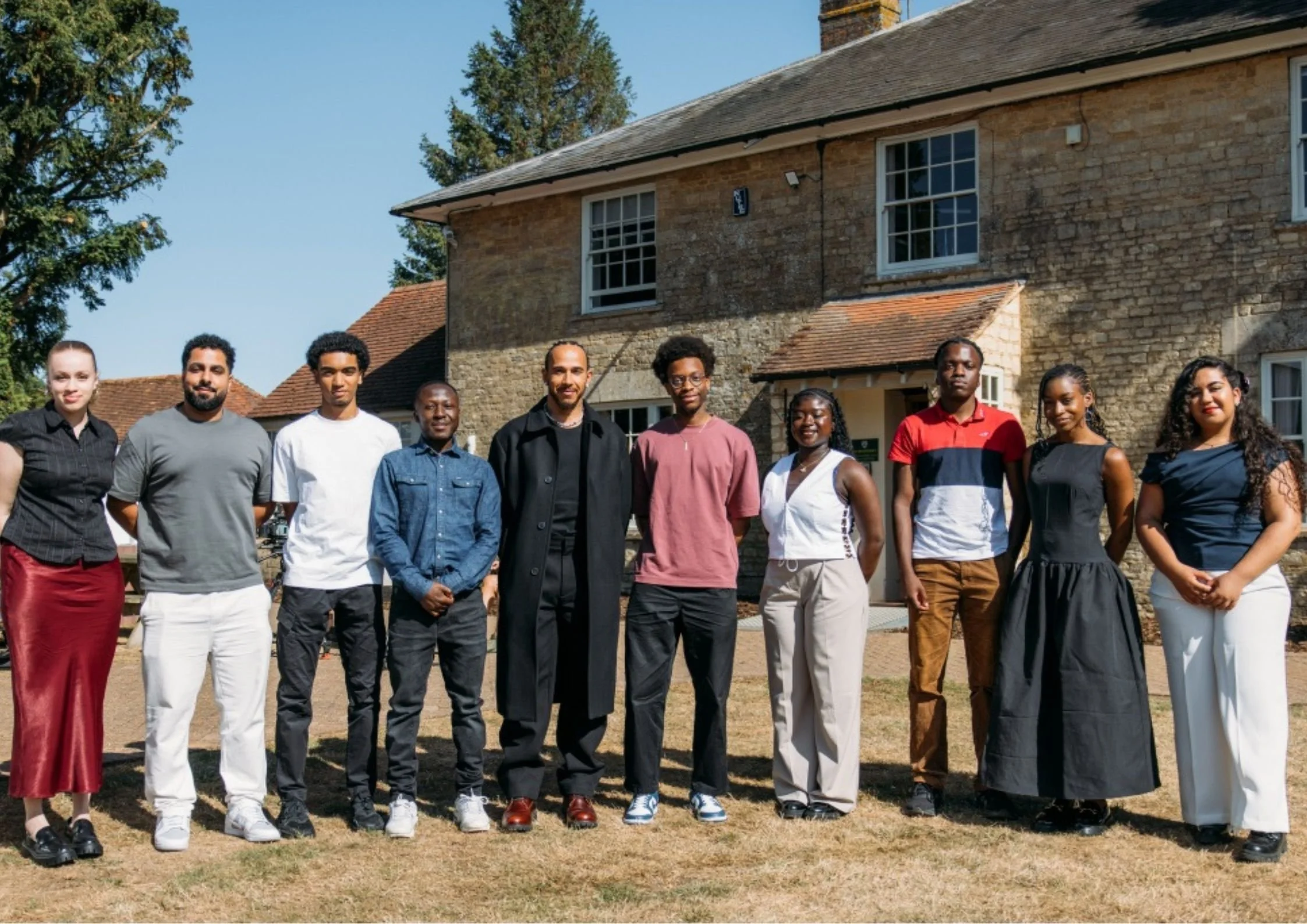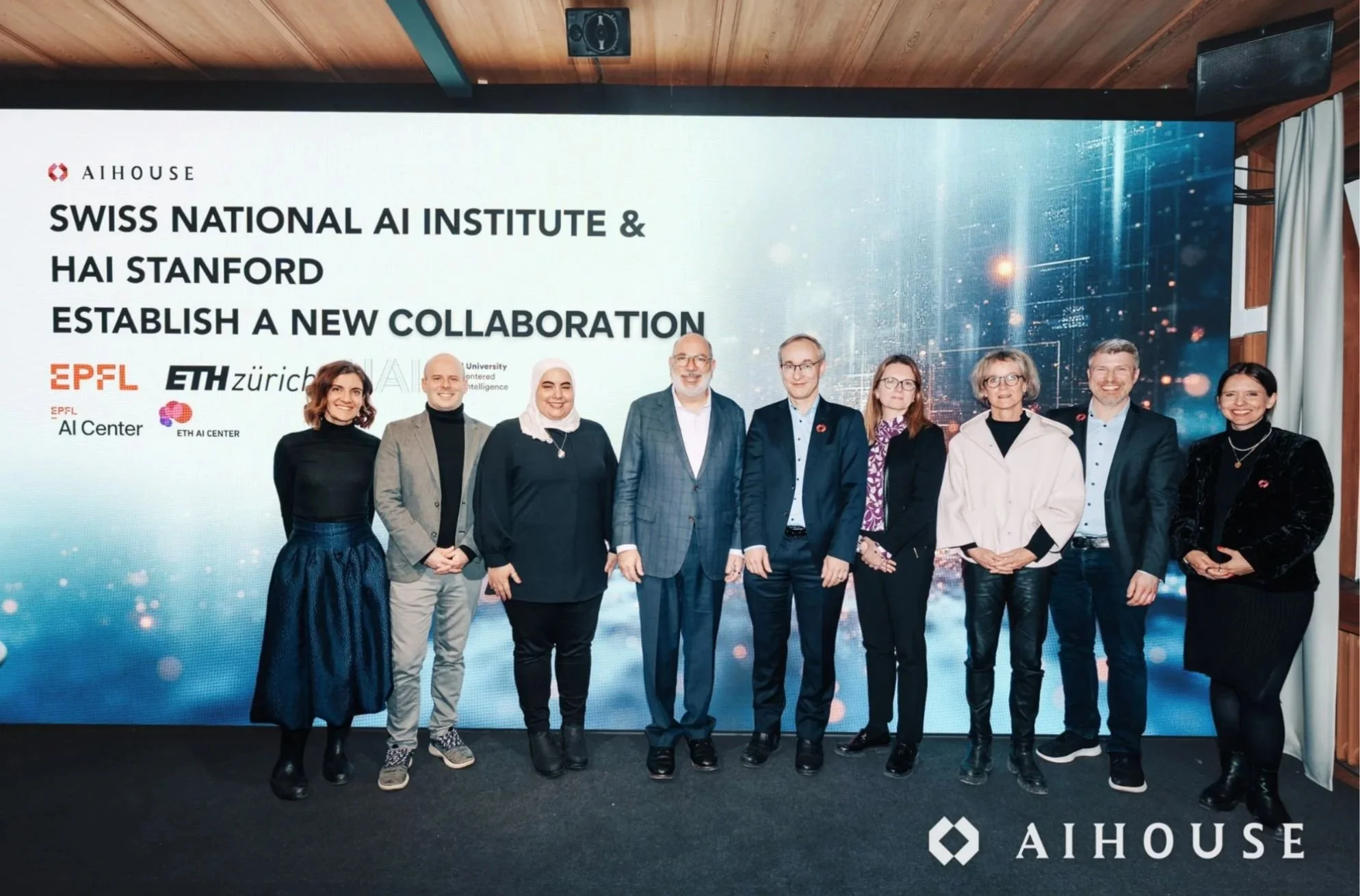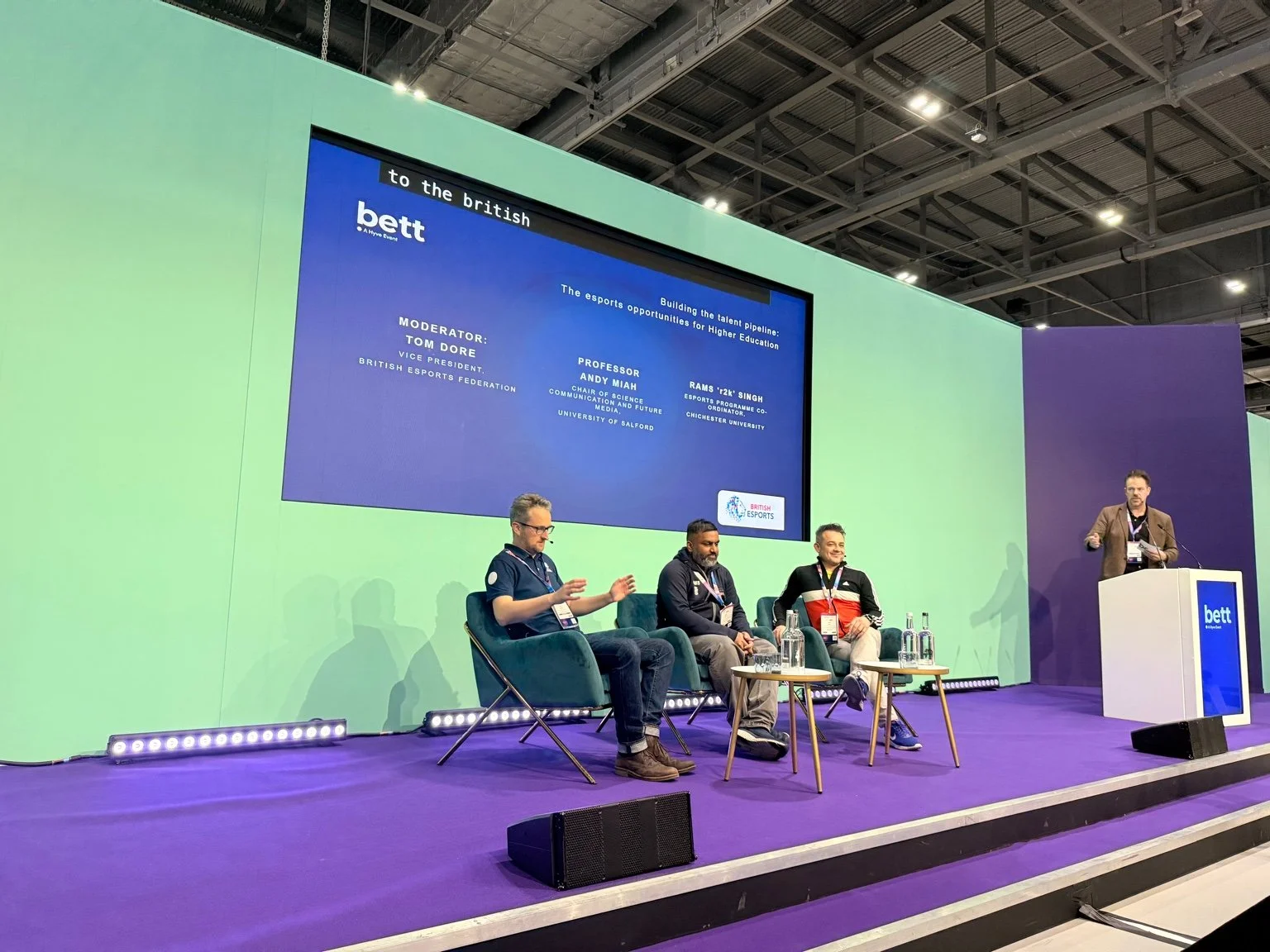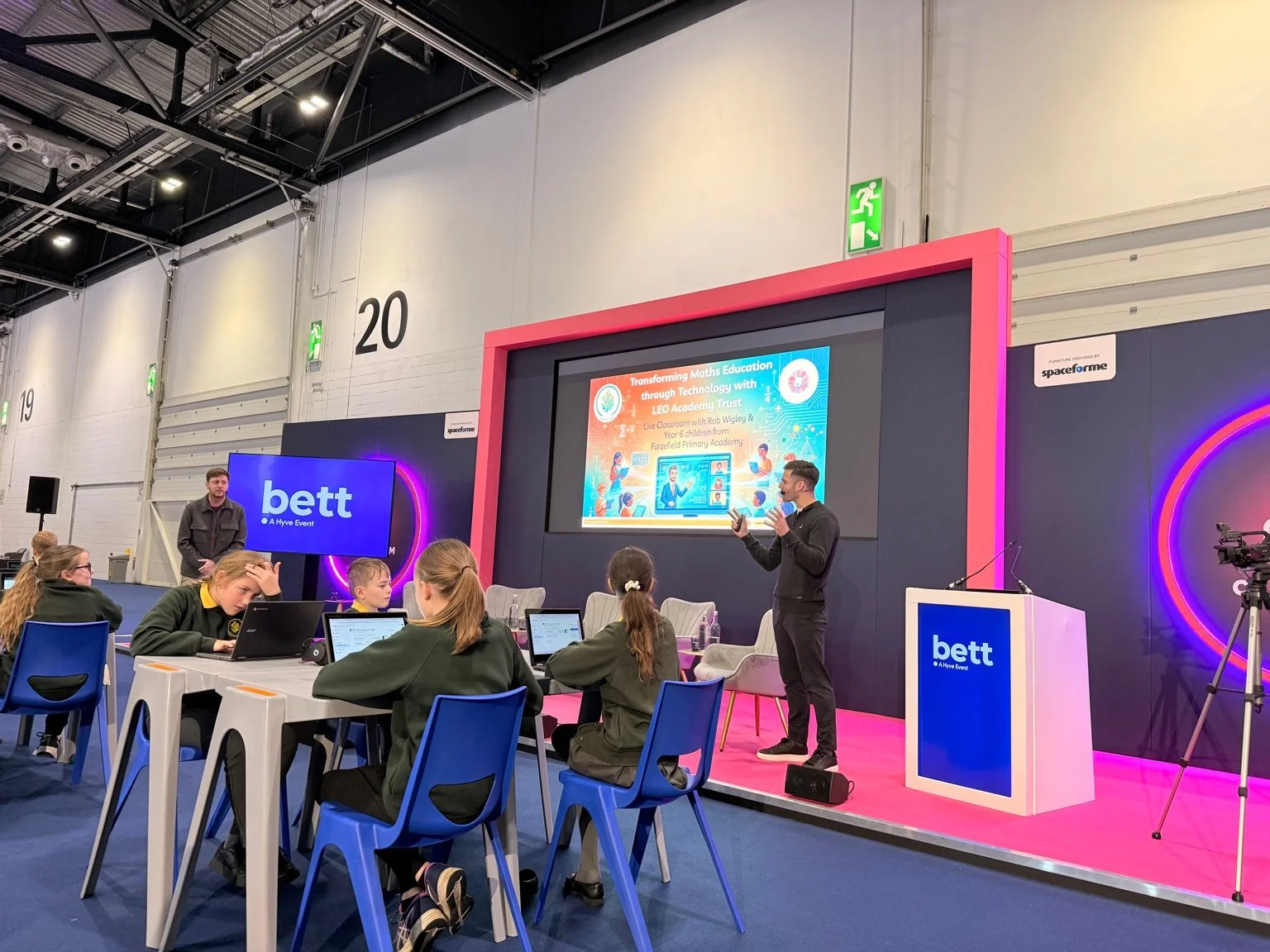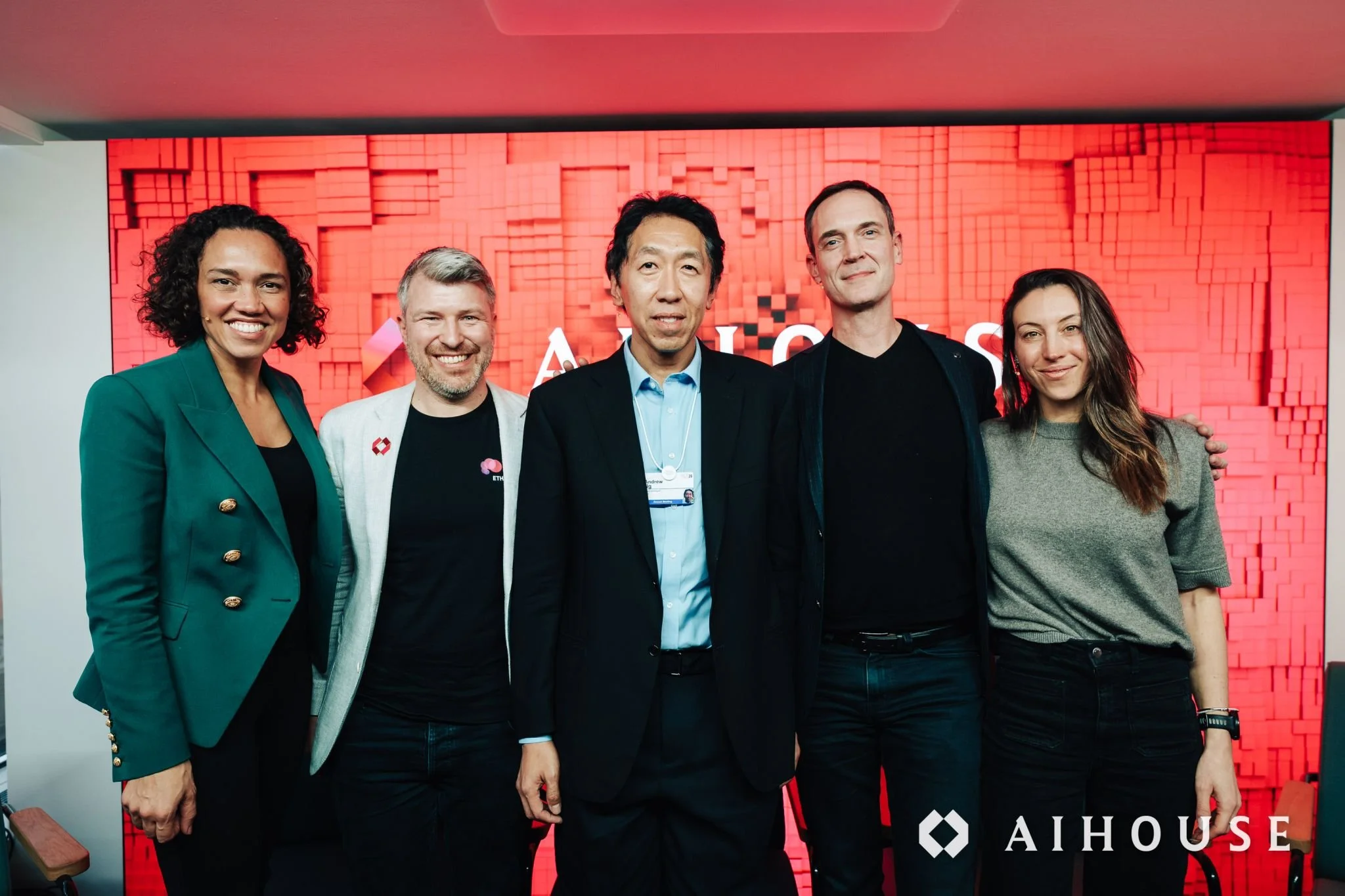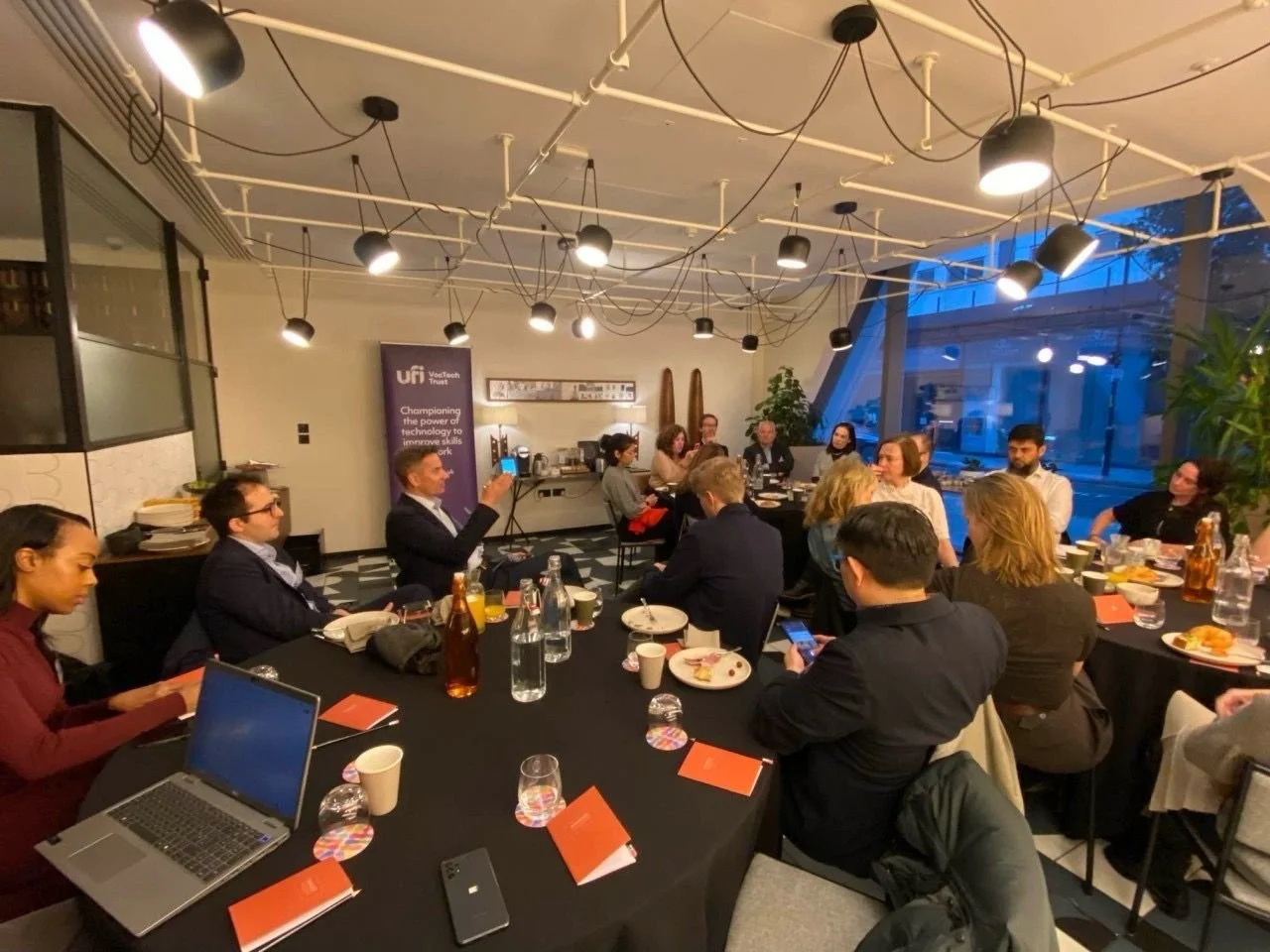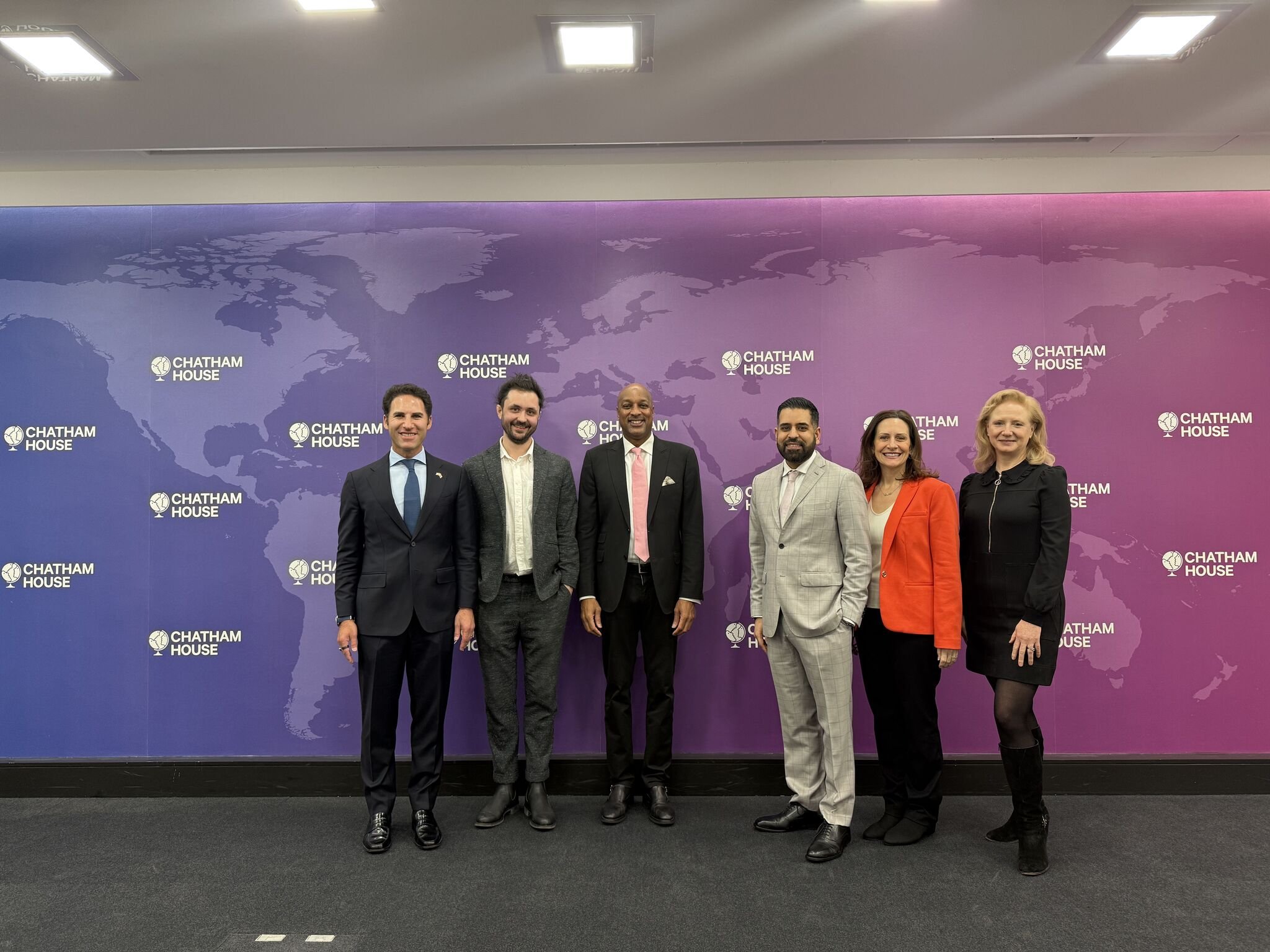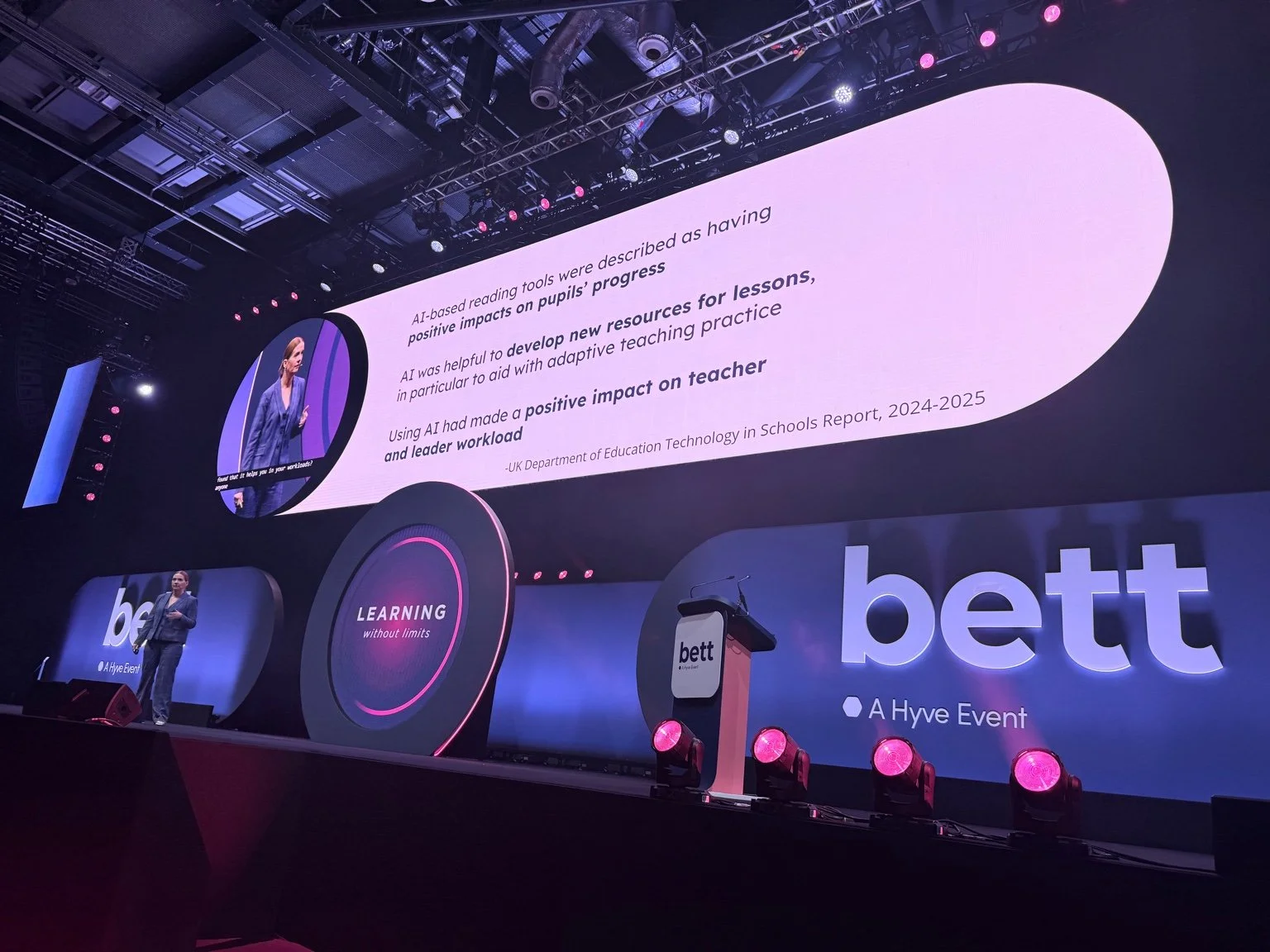London Tech Week 2025: Lara Lewington digs deep into what AI really means for us and our futures
Amid all the hype, we should remember that it isn’t all about AI for AI's sake, rather it's about embracing the tech in the most useful, productive, safest and beneficial ways we can to better the human experience. So says Lara Lewington, a British television presenter, journalist and former weather presenter.
She made the observation in the aftermath of London Tech Week 2025, which took place earlier this month.
In a LinkedIn post, she said: “Wow, how the event has grown, a testament to those behind it, the UK tech scene, and our place on the tech and AI world stage. I've talked to those who've travelled from around the world, seen the transformation in discussion over AI and what it means for us (2025 is 'the year of the AI agent'), and interviewed so many brilliant inspiring tech leaders, academics and policy makers.”
Lewington added: ““The theme is clear and continuous, it's not about AI for AI's sake, it's about embracing it in the most useful, productive, safest and beneficial ways we can to better the human experience. The world is changing, and we (just like we did for smartphones) will change our behaviours and beliefs along the way too.”
She observed that she has spent the last few years living and breathing what these changes mean for us humans, particularly our health.
“We are at the start of a transformation in our ability to predict and potentially prevent disease. Used sensibly, the power here is phenomenal. So how refreshing to spend a week not just answering 'should we be scared [of AI]?' but digging deep into what it really means for us and our futures,” she said.
“My book, Hacking Humanity, tells the story of our future health, many others spoke brilliantly on its impact on education, sustainability goals (I won't go into the debate here on the power it uses - as that's a whole can of worms that most experts I've spoke to believe is overhyped compared to the good it will do), creativity, even parcel delivery. Just because AI can do something, doesn't mean it always should, there are important conversations to be had - and what a pleasure it was to be in the room where they happen - often leading them.”
UK and Europe square up to US and China
While the US and China have long been dominant forces in the development of transformative technology, the UK and Europe are increasingly becoming more influential in the space - a panel at London Tech Week considered how this trend can be solidified and developed in the coming years.
Popular telecommunications app Skype, which was retired by Microsoft earlier this year, was once the go-to platform for video calls. Created by Estonian developers, the app’s success inspired future Founder and CEO of delivery and micromobility rental company Bolt Markus Villig.
Growing up in Estonia, Villig told delegates at London Tech Week he watched its progress and was convinced from an early age that he could also develop successful technology. “A lot of children don’t have that example,” he explained, noting that the same was not true of the US, where children can look to many successful tech founders for inspiration.
Alongside Starship Technologies, Bolt recently launched eco-friendly robot powered grocery delivery service in Estonia. Pitched as the first of its kind in Europe, the service offers residents in Tallinn robot deliveries from three Bold Market stores.
Bolt’s recent success led members of the panel to ask if Villig was planning to launch an initial public offering (IPO) and if it would be in Europe when it does. He noted that Europe has not had the best track record with IPOs in recent years.
In the past few months, Swedish FinTech firm Klarna opted for a potential US listing, while fast fashion giant Shein is thought to be considering listing in Hong Kong after its plans to list in London stalled.
Villig said part of the reluctance to list in Europe is connected to an aversion to risk. “We’re raising 80% of our funding in the US, despite being Europe-based,” he explained.
Suranga Chandratillake, General Partner at investor Balderton Capital, acknowledged that it was hard for Europe to compete with the lure of the New York Stock Exchange, but questioned whether this is even necessary. “Money is global,” he said. “As long as the people behind the company are based here, I don’t think it matters.”
Chandratillake said he was excited about the trajectory of technology in Europe, and the UK particularly. “Considering we started so behind, the fact we’ve been able to catch up has been really impressive,” he commented. However, he did suggest the UK could focus more on encouraging business leaders to stay and start businesses, rather than visiting the UK for study.
Mike Mattacola, Chief Business Officer at cloud computing provider CoreWeave, said the biggest challenge with basing a technology business in the UK remains the cost of energy. He noted the cost of energy in the UK is currently around double that in Nordic countries. “If you’re a startup raising money, around 70% of your costs can be spent on infrastructure so you need to be very frugal,” he noted. “We have a lot of access to renewables - we need to be putting datacentres as close to that energy as possible.”
Mattacola welcomed the announcements from UK Prime Minister Keir Starmer earlier in the morning, including an extra £1 billion of funding for AI compute, which he claimed would increase UK compute power by a factor of 20. Starmer told delegates: “It means we can be an AI maker, not just an AI taker. More importantly, it means we have the digital infrastructure we need to make sure AI improves our public services.”
However, Mattacola also observed: “I applaud the commitments made, but the reality is we can’t celebrate for too long,” adding that the investment would not last long. “It’s great we have a start, but we need to ensure there is a pipeline of commitment coming into the UK.”

